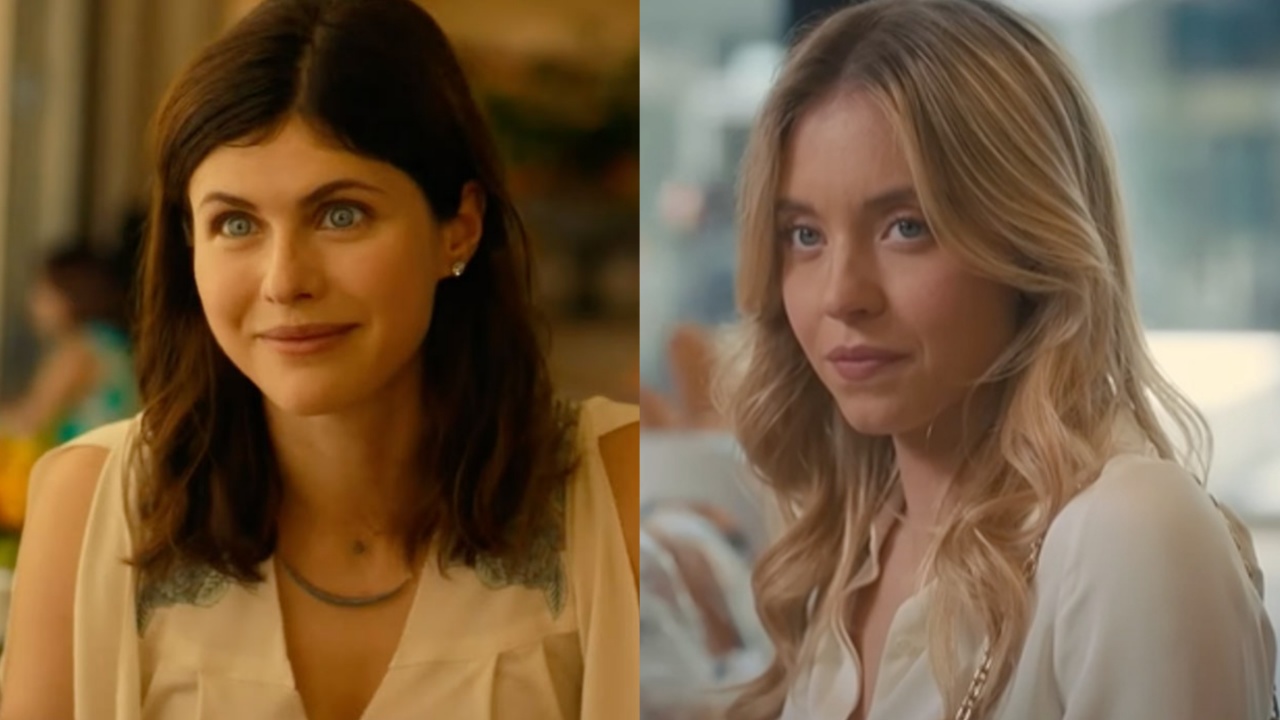In a significant ruling, the Delhi High Court has asked celebrated composer A R Rahman and the makers of ‘Ponniyin Selvan 2’ to deposit ₹2 crore in connection with a copyright dispute involving the classical piece ‘Shiv Stuti’ by the Junior Dagar Brothers. Justice Prathiba M Singh, in her interim order dated April 25, observed that Rahman’s composition ‘Veera Raja Veera’ bore striking resemblance to the original work, not just in inspiration but in essence. Court Finds Song “Identical” to Original Classical Composition The judge noted that from a listener’s standpoint, the song was “not just inspired but is, in fact, identical” in terms of notes, emotional resonance, and sound experience to ‘Shiv Stuti’.
Stating that the rights of the original composers were violated, the court directed that a slide crediting Late Ustad N. Faiyazuddin Dagar and Late Ustad Zahiruddin Dagar must be inserted across all OTT and online versions of the film. Additionally, ₹2 lakh was awarded to the family of the original artists as legal costs.

The complaint was brought forward by Ustad Faiyaz Wasifuddin Dagar, the son and nephew of the late composers. He claimed copyright over all original works of the Junior Dagar Brothers, including ‘Shiv Stuti’, and alleged that the song was used without permission. “In the ultimate analysis, therefore, this court holds that the impugned song is not merely based on or inspired from the suit composition Shiva Stuti but is, in fact, identical to the suit composition with mere change in lyrics.
The adding of other elements may have rendered the impugned song more like a modern composition but the basic underlying musical work is identical,” the court held. “Hence the defendant’s composition infringes the plaintiff’s rights in Shiva Stuti.” ₹2 Crore to Be Held in Fixed Deposit Pending Final Verdict The High Court further clarified that the ₹2 crore deposited by Rahman, along with Madras Talkies and Lyca Productions, would be kept in a fixed deposit account until the final judgment is delivered.
According to the court, the plaintiff made a strong prima facie case of copyright infringement. It stressed that without immediate protection, “irreparable injury would be caused to the creative rights and moral rights of the original composers who are no longer alive”. The order also pointed out that Rahman initially failed to credit the Junior Dagar Brothers.
“Defendant number 1 who has earned global acclaim, initially did not give any recognition to the plaintiff’s work. When the plaintiff contacted defendant number 1, the acknowledgement was given albeit reluctantly,” it said. Another critical detail emerged — the singers of ‘Veera Raja Veera’ are disciples of the plaintiff.
“The defendant numbers 6 and 7 who sang the impugned song are disciples of the plaintiff. These facts demonstrate the intricate link to the Shiva Stuti and Veera Raja Veera musical compositions,” the court remarked. Highlighting the urgency, the court added that once the film and its music lose public attention, the plaintiff may lose the opportunity for effective recognition.
Rahman’s legal team, however, argued that ‘Shiv Stuti’ was rooted in the traditional dhrupad genre, already part of the public domain, and hence not subject to copyright protection. ALSO READ: How Much Is Mrunal Thakur Charging For Her Very First Collaboration With Allu Arjun In Atlee’s Pan-Action Film?.
Entertainment

Here’s Why Delhi Court Ordered AR Rahman And Ponniyin Selvan 2 Team To Deposit ₹2 Crore

Justice Prathiba M Singh, in her interim order dated April 25, observed that Rahman’s composition 'Veera Raja Veera' bore striking resemblance to the original work, not just in inspiration but in essence.















